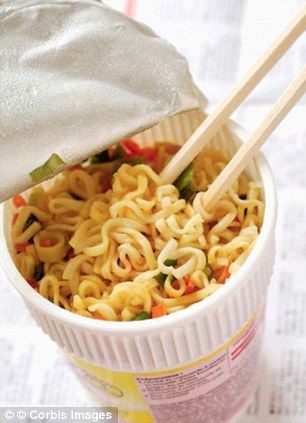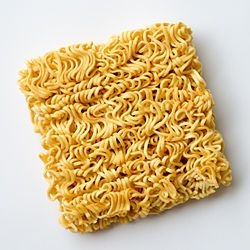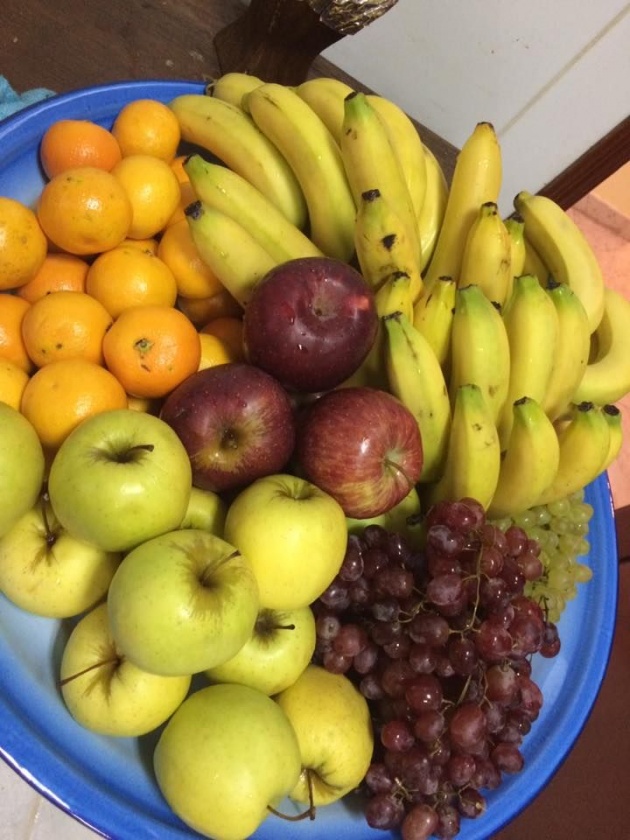Instant noodles are one of the most popular foods around the world. They are cheap, delicious, and convenient, and can be stored for long. They are of different types of pasta and come in different delicious and aromatic flavors.
Not only do adults like them, children love them very much they eat them almost every day. I admit I liked them also until I found out that these instant foods are not nutritious at all; some even considered them as “junk foods” that can harm our body.

photo credit; www.google.com
Instant noodles are not nutritious because they are low in protein, fiber, vitamins and minerals, and they are high in carbohydrates and the unhealthy saturated fat.
Aside from this, instant noodles contain a food additive called Tertiary-butyl hydroquinone or TBHQ, in short.
TBHQ is a by-product of the petroleum industry. These are used as food additives to preserve the shelf life of cheap processed foods, like noodles, crackers, snacks, and vegetable oils, too.
Studies have shown that these noodles, when we consume a lot, can increase the risk of having heart disease and stroke.
Some studies also found out that TBHQ increased incidence of tumors in rat. There were also cases of impaired visions reported in humans. Some believe that TBHQ can also affect human behavior.

photo credit; www.google.com
The use of these ingredients is being controlled by the authority, but nobody can be sure if they are being properly monitored.
Noodles are being produced in volumes; nobody can assure there will not be any glitch in the numerous production lines.
Studies have shown that these noodles, when we consume a lot, can increase the risk of having heart disease and stroke.
Take note that although only a very small quantity is used in every item; these additives are not real foods. They cannot be absorbed by our body system; and they do cause harms to our body.
Therefore, we must remember that consuming a lot of the foods that contain TBHQ can affect our health in the long run, especially the small children.

photo credit; www.google.com
When we let our children consume them regularly, this may not only increase their risk of getting sick, but it will also hamper their growth..
Small children are still in their growing-up stages, they need healthy foods to support their growth. They must eat more fresh and real foods, like fruits and vegetables, root crops, and others that can give them the nourishment their bodies need for growth and energy.

photo credit: my Facebook homepage

photo credit: my Facebook homepage



